Are you considering testosterone therapy but concerned about its effect on your fertility? It’s an important question to address before embarking on any hormone treatment journey. In this comprehensive guide, we’ll explore how testosterone therapy affects fertility in men and why a hormone evaluation is crucial. Understanding the relationship between testosterone and fertility will empower you to make informed decisions about your reproductive health. So let’s dive in!
How Testosterone Affects Fertility:
Testosterone therapy, when taken from an exogenous source (outside of the body), can have an impact on your fertility. To comprehend this connection, we need to understand the role of testosterone in the body. Testosterone, whether produced endogenously (inside the body) or taken exogenously, is detected by your brain, which then sends signals to the testicles. These signals prompt the production of luteinizing hormone (LH) and follicle-stimulating hormone (FSH), essential for sperm and testosterone production.
When you take exogenous testosterone, your brain detects the elevated testosterone levels and subsequently reduces the signals it sends to the testicles. This reduction in LH and FSH production leads to decreased sperm and testosterone production by the testicles themselves.
Does Testosterone Therapy Make You Infertile?
While testosterone therapy doesn’t make you infertile, it can significantly decrease your fertility. It’s important not to get caught up in the details or debate whether you can still impregnate someone while on testosterone therapy. The best approach is to consult a healthcare professional and undergo a semen analysis, a test that examines your sperm’s viability and your chances of impregnating someone.
Importance of Hormone Evaluation:
To fully assess the impact of testosterone therapy on your fertility, a hormone evaluation is vital. A hormone evaluation involves a comprehensive assessment of your hormone levels to see if you have low testosterone. We offer a Hormone Evaluation at our practice for $149.
Consult Your Doctor and Run a Semen Analysis
If you’re considering testosterone therapy and concerned about its effect on your fertility, it’s imperative to consult a healthcare professional. A doctor can guide you through the process and conduct a full hormone evaluation, including a semen analysis, to accurately assess your fertility status. Remember, the answers you seek are best found through medical expertise, not YouTube videos or social media discussions.
Understanding the Complexities of Testosterone Administration:
Testosterone administration comes in various forms, such as creams, injections, pellets, oral pills, patches, and gels. Each method may have different effects on fertility, and new administration methods are continuously being developed. Exploring these technicalities and finding the best approach for your specific situation requires the guidance of experts in testosterone therapy.
Preserving Fertility and Pursuing Parenthood:
Many men find themselves in situations where they’ve been on testosterone therapy for several years and suddenly desire parenthood with a new partner. Despite age-related changes in fertility, there are ways to optimize testosterone levels and enhance fertility naturally. Supplements and medications tailored to your individual needs can help improve the chances of successful conception.
Take Action: Seek Expert Guidance and Explore Options
If you find yourself in such a scenario, it’s crucial to seek expert guidance from men’s health professionals experienced in testosterone therapy. They can help you navigate the complexities of preserving fertility, adjusting therapy, and exploring potential solutions to increase both testosterone levels and fertility. It’s a transformative journey that has brought joy and fulfillment to many couples, and you too can embark on this path with the right support.
Understanding the impact of testosterone therapy on fertility is essential for men considering this treatment. While testosterone therapy decreases fertility, it doesn’t render you infertile. However, determining your fertility status requires professional evaluation through hormone testing and semen analysis. Consult a healthcare professional who specializes in men’s health to gain accurate insights and guidance on optimizing testosterone levels and preserving fertility. Remember, your reproductive journey is unique, and expert assistance will point you in the right direction toward a fulfilling future.
Cited Studies:
- Smith RP, Coward RM, Kovac JR, et al. The Role of Gonadotropin Suppression in Male Contraception. Sex Med Rev. 2018;6(3):413-425. doi:10.1016/j.sxmr.2018.02.001
- Guo Y, Li Y, Liu Y, et al. Relationship between testosterone level, semen quality, and insulin resistance in Chinese men with idiopathic oligozoospermia: a cross-sectional study. Reprod Biol Endocrinol. 2020;18(1):19. doi:10.1186/s12958-020-00578-0
- Malloy PJ, Bachtell RK, Lockwood DH, et al. A unique exonic splicing mutation in the human androgen receptor gene indicates a physiologic relevance of regular androgen receptor messenger ribonucleic acid splicing. J Clin Endocrinol Metab. 1990;71(3):672-676. doi:10.1210/jcem-71-3-672
- Pintus E, Aresu M, Bonsignore M, et al. High testosterone levels are associated with altered sperm DNA fragmentation patterns in male partners of couples attempting conception. Andrology. 2019;7(4):523-530. doi:10.1111/andr.12604
**This content is for informational purposes only and is not intended as medical advice. Please consult with a healthcare professional before starting any treatment. Individual results may vary based on health conditions and other factors.


